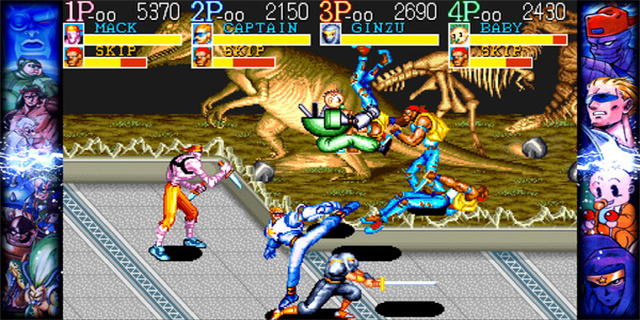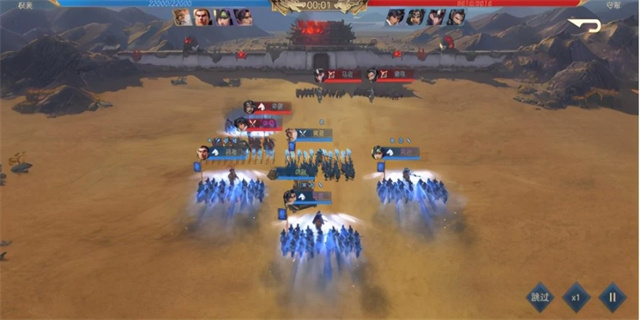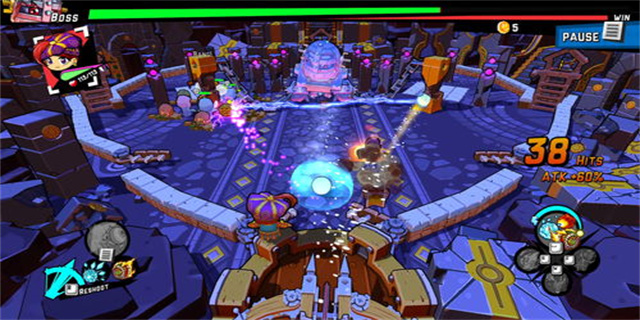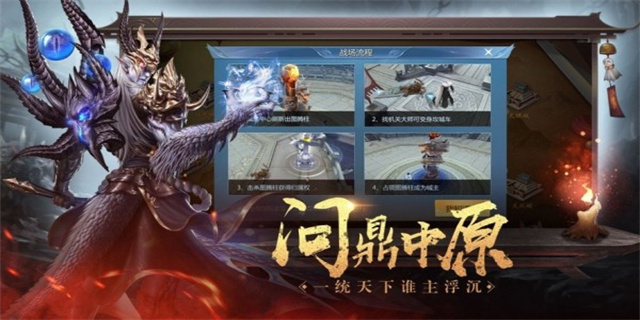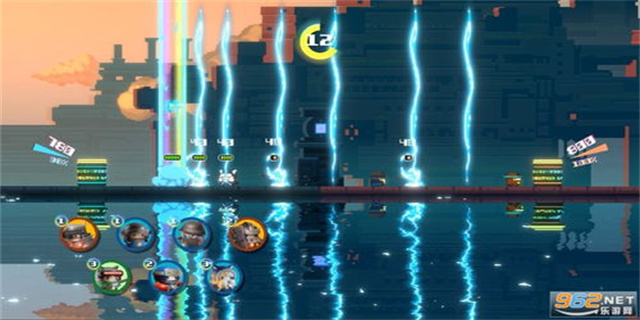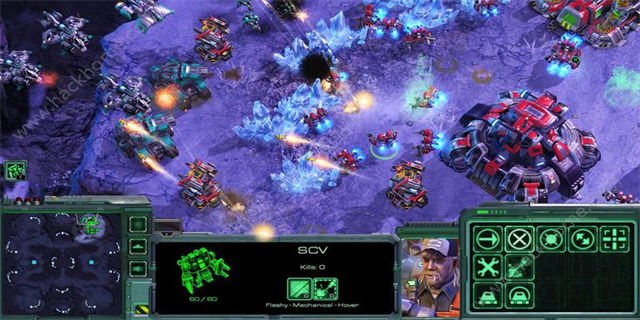HTC VR: Revolutionizing the Virtual Reality Experience
Virtual reality (VR) has become one of the most exciting and rapidly evolving technologies of our time. It has the potential to revolutionize various industries, from gaming and entertainment to healthcare and education. HTC, a global leader in innovative technology, has emerged as a frontrunner in the VR market with its cutting-edge VR headsets and immersive experiences. In this article, we will explore the advancements made by HTC in the field of VR and how it has transformed the way we interact with the virtual world.
The Evolution of HTC VR
Since its entry into the VR market, HTC has continuously pushed the boundaries of what is possible in virtual reality. The company's journey began with the release of its first VR headset, the HTC Vive, in 2016. The Vive introduced room-scale tracking, allowing users to move freely in a virtual space with the help of sensors placed in the environment.
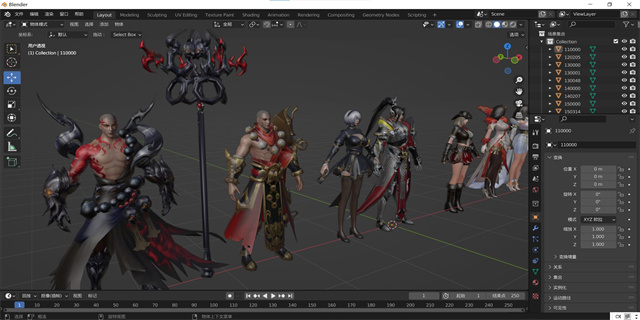
Building upon the success of the Vive, HTC went on to launch the Vive Pro in 2018. This upgraded version offered enhanced resolution, improved ergonomics, and integrated headphones for a more immersive experience. The Vive Pro demonstrated HTC's commitment to pushing the limits of VR technology and delivering high-quality experiences to its users.
HTC's most recent addition to its VR lineup is the Vive Cosmos, released in 2019. The Cosmos introduced inside-out tracking, eliminating the need for external sensors and making the setup process more streamlined. It also featured a flip-up design, allowing users to easily switch between the virtual and real world without removing the headset. The Vive Cosmos represented a significant step forward in terms of accessibility and ease of use, making VR more accessible to a wider audience.

Revolutionizing the Gaming Experience
Gaming has been one of the key driving forces behind the rapid growth of the VR industry, and HTC has played a pivotal role in revolutionizing the gaming experience through its VR technology. The HTC Vive, with its room-scale tracking and motion controllers, enabled gamers to physically interact with the virtual environment, immersing them in a whole new level of gameplay.
In addition to its high-quality hardware, HTC also partnered with Valve Corporation to develop the SteamVR platform. SteamVR provided users with access to a vast library of VR games and experiences, further enhancing the gaming capabilities of the HTC Vive. This partnership allowed HTC to establish itself as a leading player in the VR gaming market.
Furthermore, HTC has been proactive in collaborating with game developers to create exclusive VR content for its headsets. Partnership with well-known franchises and studios has resulted in the development of highly immersive and captivating VR games, elevating the overall gaming experience for HTC users.
Expanding Virtual Reality Beyond Gaming
While gaming has been at the forefront of the VR revolution, HTC has also recognized the potential of virtual reality in other industries. The company has actively expanded its VR offerings to cater to healthcare, education, and enterprise sectors.
In the healthcare industry, HTC VR has been utilized for training medical professionals, simulating surgical procedures, and managing pain and anxiety. The ability to create realistic and immersive scenarios in a controlled environment has proved to be invaluable in medical training and patient care.
Similarly, VR has made significant strides in the education sector. HTC has collaborated with educational institutions to develop VR educational content, allowing students to explore subjects in an interactive and engaging manner. Virtual field trips, historical reenactments, and simulations have all become possible thanks to the advancements made by HTC in the VR space.
HTC has also ventured into the enterprise market with its VR offerings. From architectural walkthroughs and product prototyping to virtual meetings and remote collaboration, VR has the potential to reshape the way businesses operate. HTC's VR solutions have been embraced by various industries, enabling more efficient and effective workflows.
The Future of HTC VR
As HTC continues to innovate and explore new possibilities in the VR space, the future looks promising for the company. The upcoming release of the HTC Vive 2 promises even more impressive features and advancements. Rumored upgrades include higher resolution displays, improved tracking technology, and more refined controllers.
Furthermore, HTC has shown a commitment to promoting VR as a social experience. The company has developed Viveport, a platform that allows VR users to connect, socialize, and share their experiences with like-minded individuals. This emphasis on social interaction has the potential to create a vibrant VR community and expand the reach of virtual reality beyond solitary gaming experiences.
In conclusion, HTC has made significant contributions to the advancement of VR technology. Through its innovative hardware, partnerships with game developers, and expansion into various industries, HTC has played a crucial role in revolutionizing the VR experience. With its continuing dedication to pushing the boundaries of what is possible, HTC is well-positioned to shape the future of virtual reality.












